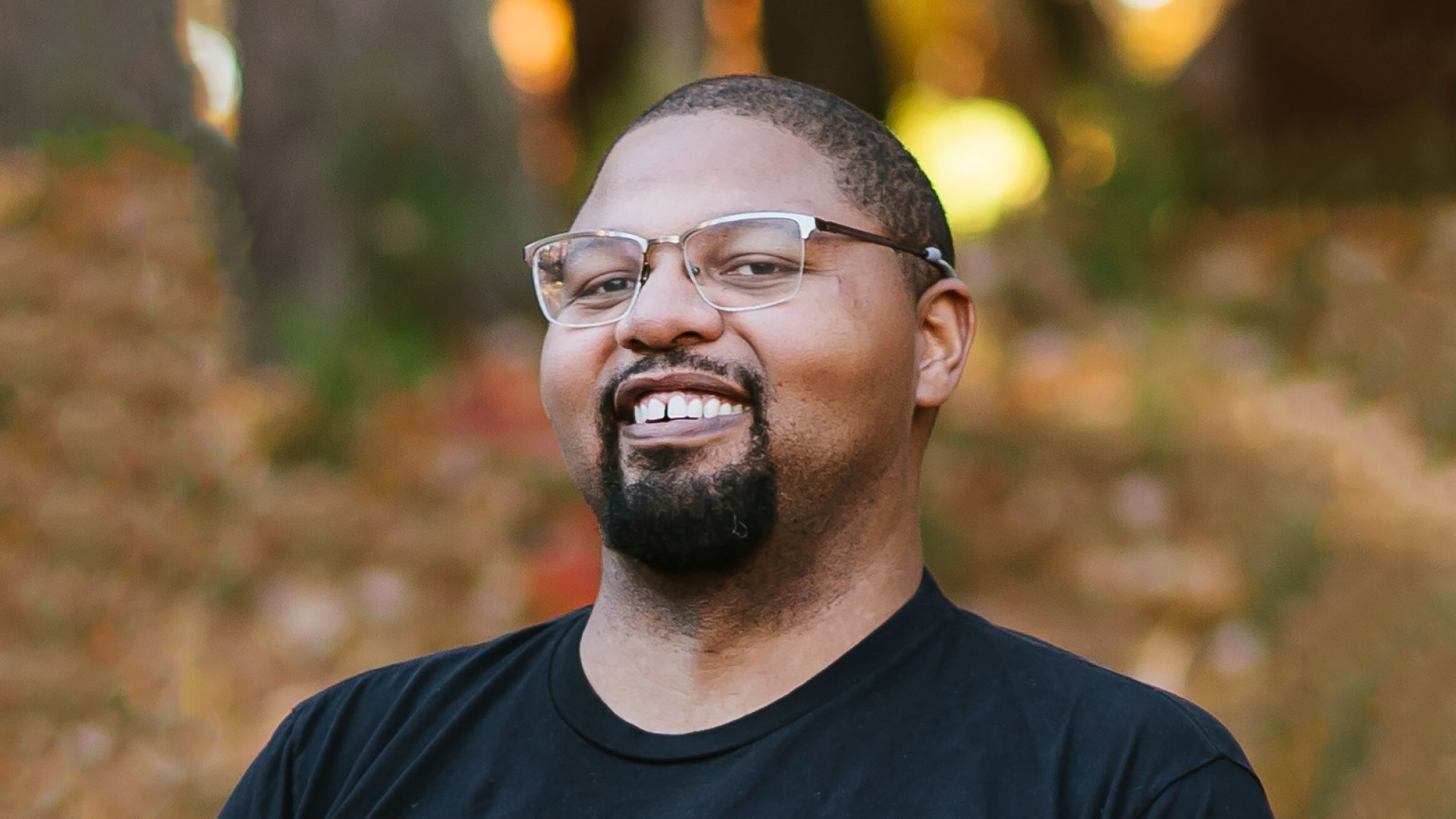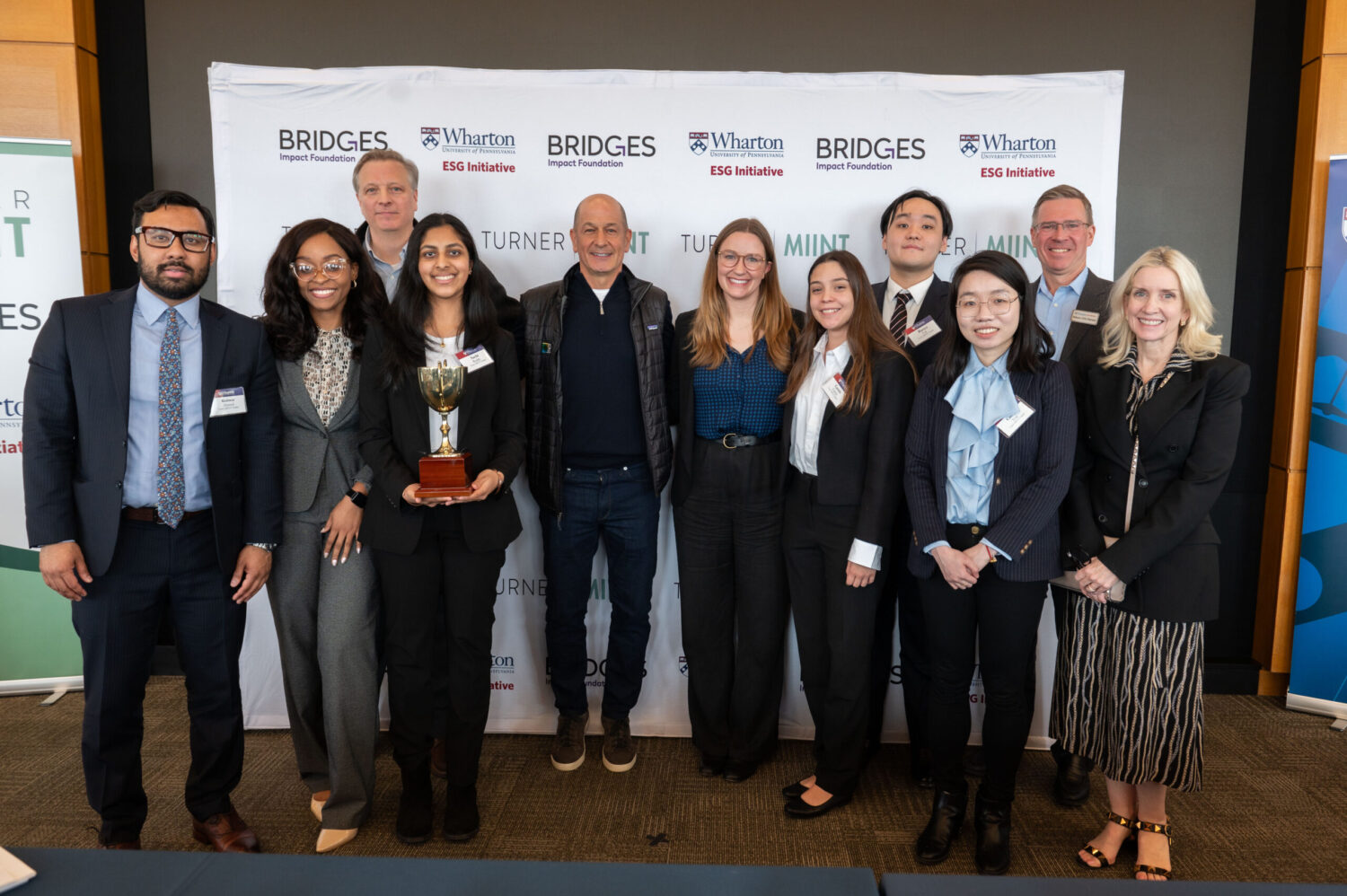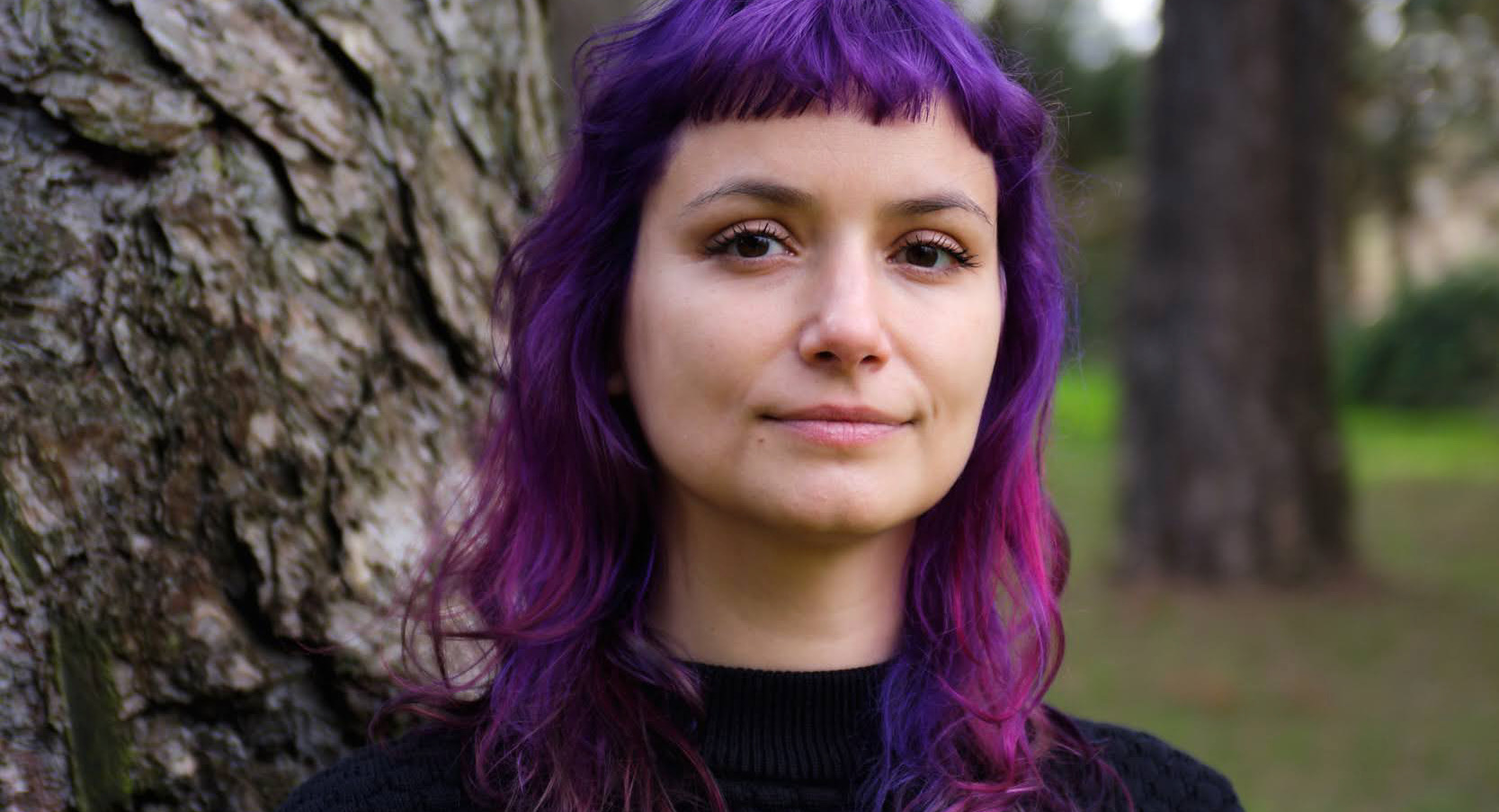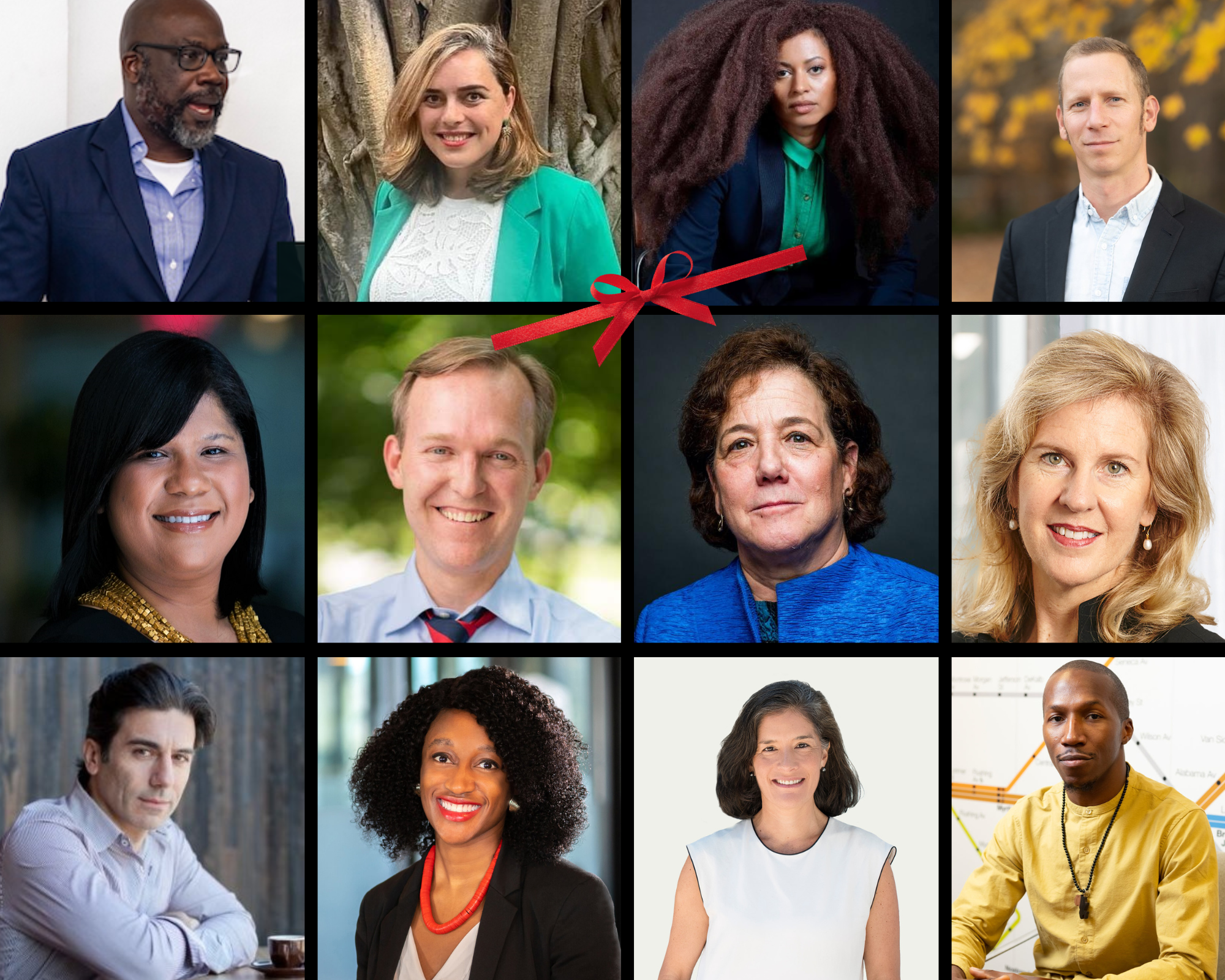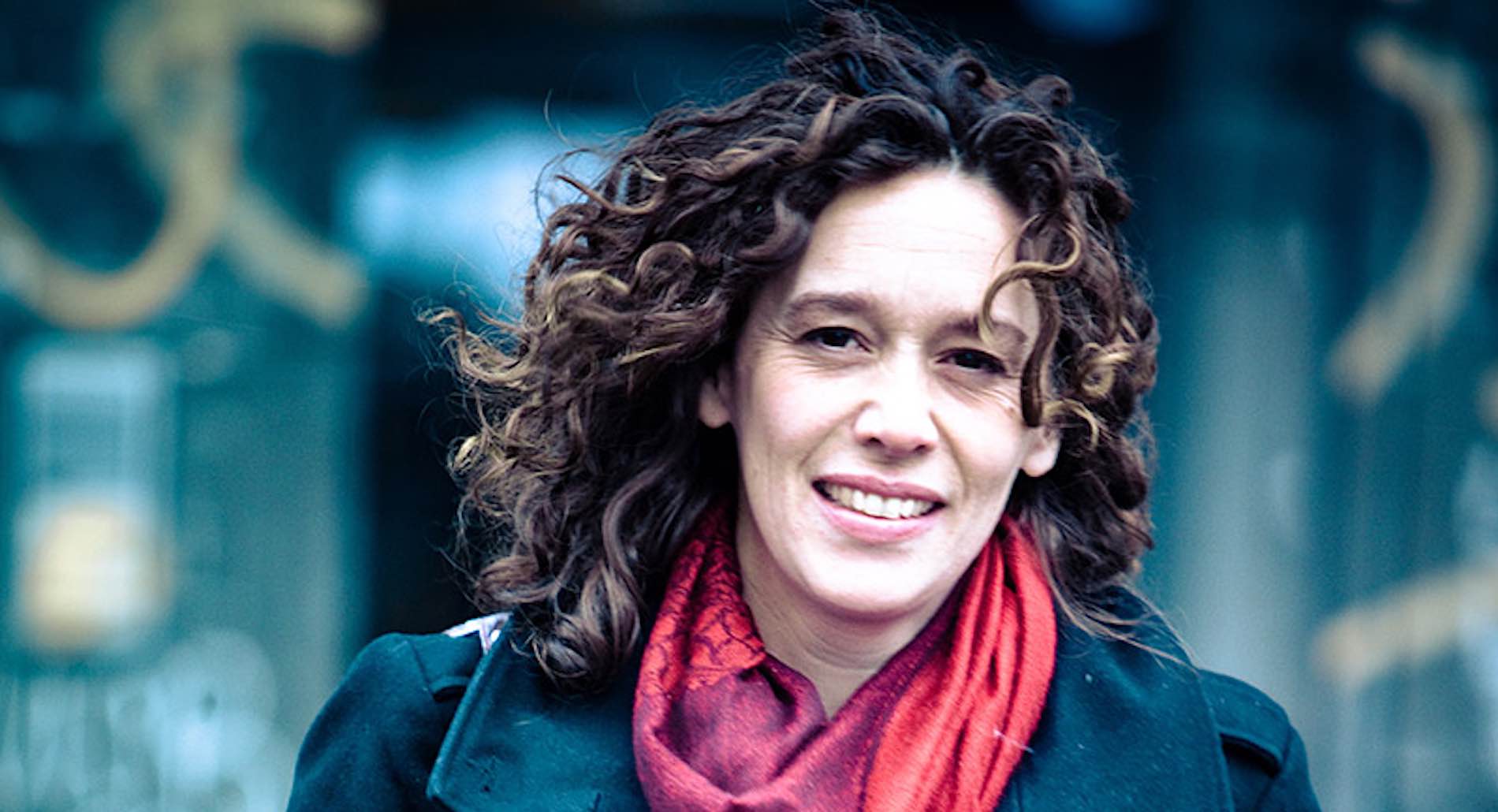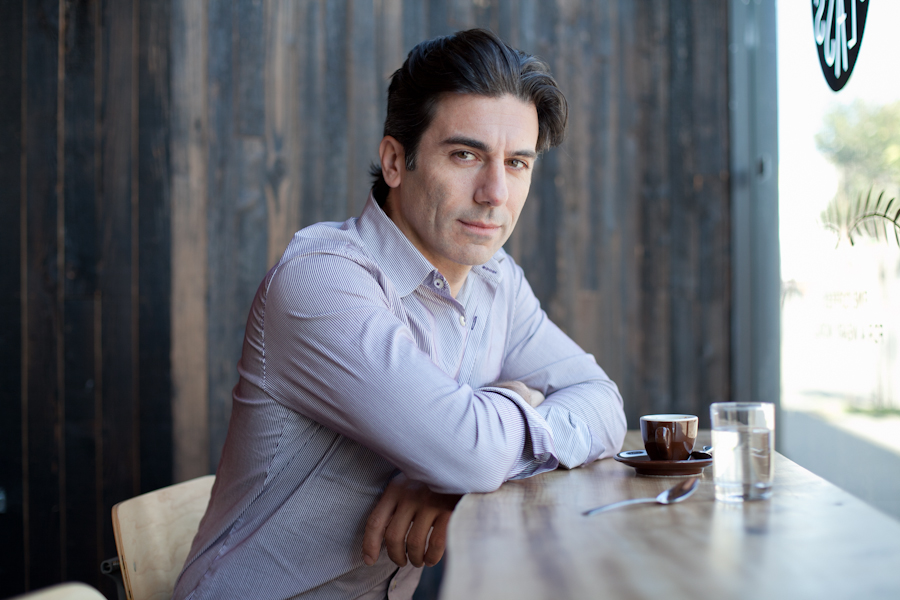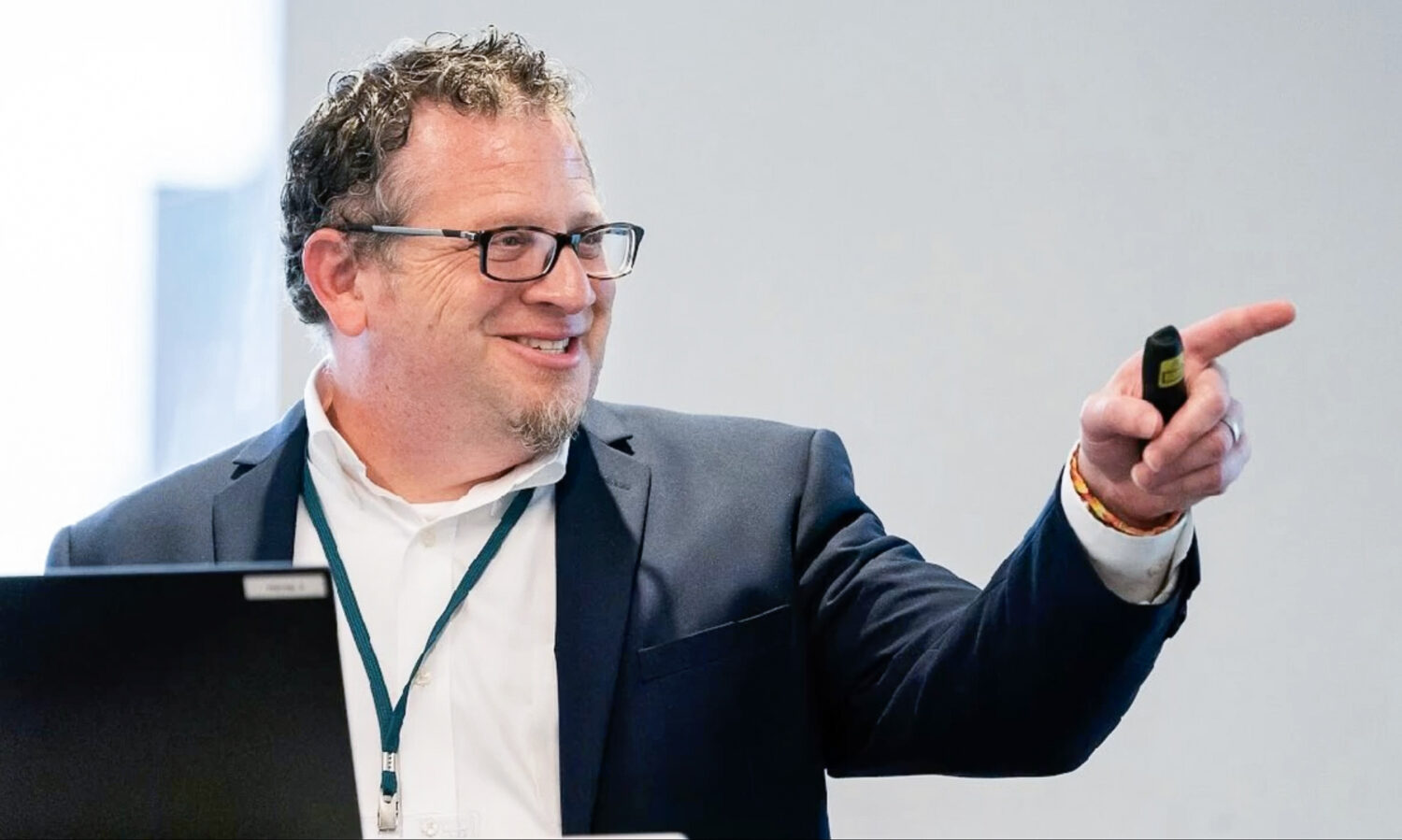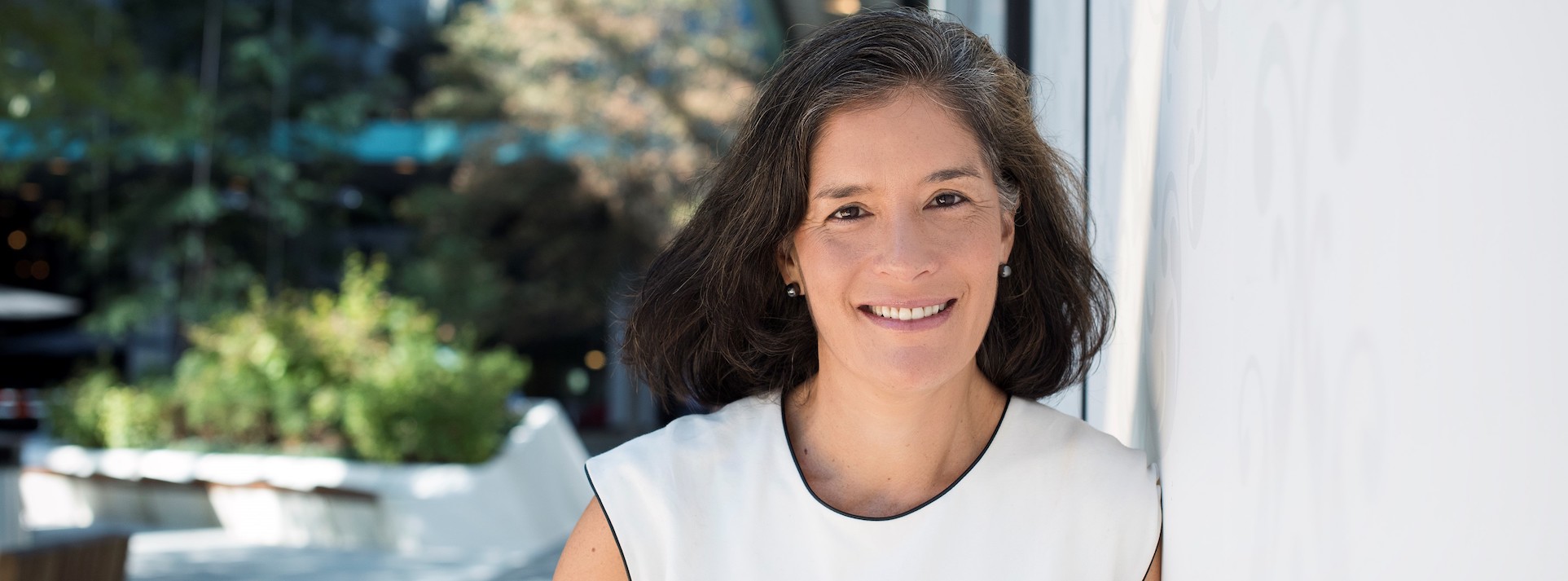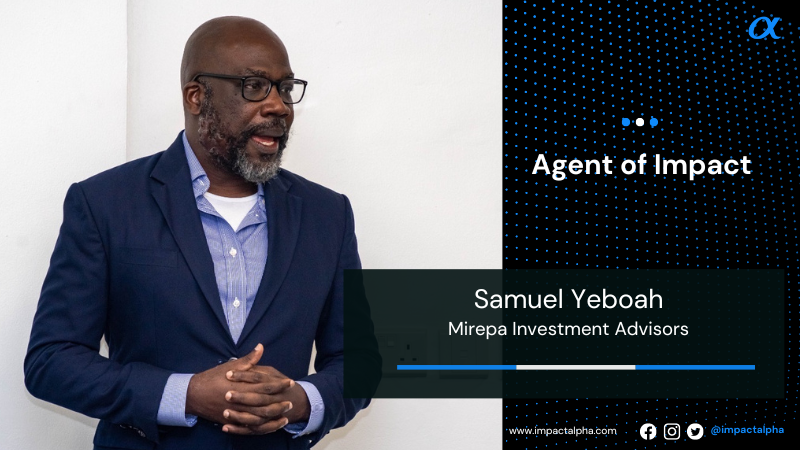ImpactAlpha, Dec. 16 – Napoleon Wallace’s presence was all over the recent Mission Investors Exchange conference in Baltimore.
…As the co-founder of Activest, which showcased its “fiscal justice” strategy to center racial equity in fixed-income investments.
…As a founding partner of Partners in Equity, which presented its $50 million fund to help Black and brown business owners buy the commercial real estate that houses their shops, offices or factories.
…And in the personal networks of many Agents of Impact at the conference, including Robert Wood Johnson Foundation’s Kimberlee Cornett, who had hired Wallace as a social investment officer at the Kresge Foundation and credits him with sparking her interest in the social impact potential of the municipal bond market (disclosure: Robert Wood Johnson Foundation supports ImpactAlpha’s coverage of Muni Impact).
Without exception, his colleagues and friends described Wallace, once a top lieutenant to founder Martin Eakes at North Carolina’s Self Help Credit Union and later North Carolina’s deputy secretary of commerce, as big-hearted and a big thinker. His entrepreneurship has established a series of innovative approaches for replacing extractive and exploitive structures with inclusive and regenerative models to create wealth for Black families and businesses.
In October, Wallace was recognized by Ceres with the Joan Bavaria Award for Building Sustainability into the Capital Markets.
Resilience
But Wallace himself was not at the conference. He was in Durham, N.C., where he works from home, and from a wheelchair, as he grapples with amyotrophic lateral sclerosis. Wallace was diagnosed with ALS, a degenerative nerve disease that affects nerve cells in the brain and spinal cord in 2019 at 38 years old.
After the Mission Investors Exchange conference, I flew to Raleigh-Durham to visit with Wallace, who had invited me down to share what he called “some of my more speculative thoughts.” Those included his thesis that profitable, and negative, externalities are “the core rot at the heart of our economy,” and his call for a market to “short” muni bonds to drive fiscal accountability in cities that displace residents, squander resources and pay out settlements for excessive use of force by police officers.
Waiting in his home office, I played with his frisky doodle puppy, Charlie and looked at photographs of Wallace, his wife Edna and two young daughters. Wallace arrived, steering his electric wheelchair, and guided me to a note he had sent me that morning. To move the conversation along, Wallace had written some of his thoughts in a crisp, bulleted email. I later learned he had composed it with his eyes, Stephen Hawking-style.
Edna helped me better understand his speech. Wallace told the story of his summer job working with his father’s janitorial service and cleaning the offices of a stockbroker in Greenville, N.C. “I was responsible for all of the trash cans,” he told me. In the trash, “I kept finding prospectuses. I’d finish early and read them.” That spurred him to change his major at North Carolina Central University from biology to finance.
Self-Help’s Eakes has been a major mentor in the work of market-making and catalytic capital. In downtown Durham, it seems like every other building has some connection to the credit union, which has provided more than $7 billion to help finance more than 85,000 homeowners, small businesses and nonprofit organizations.
“It’s hard to hold your ethics and values in a sector like finance, with all the profiteering and bad actors. But Martin has held that line,” Wallace said. “He taught me to see opportunities and hold my morality while pursuing them.”
Wallace’s latest venture, with co-founder Dorian Burton, is the Southern Reconstruction Fund, which explicitly reaches back to the post-Civil War period of social innovation and looks for new models of ownership and restorative capital in the American South. The organization is building from a $25 million Ownership and New Equity Fund, or FundONE, to a larger fund of funds to seed very early stage fund managers with provocative investment theses.
“We’re going to put money into novel concepts as early as we can,” Wallace said. Or, as he wrote in his note, “Super-early, back-of-the-napkin impact-alpha theses that are still living in the imaginations of future first-time fund managers. Our vision is to be the intake funnel and proving ground for the next generation of impact AUM (assets under management) talent.”
The Wealth Papers
Wallace is spending much of his time laying down his thoughts about what he calls “the factors of production and the historical divide – which is that labor is people of color, while entrepreneurs and equity owners are white men. And how that has played out over the years to drive the wealth divide. And what we can do to remedy that.”
As our meeting was coming to an end, I had to ask one last question. How does he continue with the work given the unfathomable challenges of his diagnosis? I was floored by his answer.
“It’s a gift,” he said. “I’m able to remove all the distracting elements in my life, and to focus my mind and energy on the things that matter: family, friends and —”
At that moment, Wallace was interrupted by the arrival of Brittany Bennett Weston, executive director of ResilNC, another enterprise sparked by Wallace, to advance research, advocacy and policy to drive capital and support to historically marginalized business owners in North Carolina. Bennett Weston worked with Wallace at Self-Help.
“I called him my professional big brother,” she explained. “I felt like the pesky little sister always bugging him to learn something. He’s still my most important professional thought partner – and he’s my friend.”
“It’s tough,” she added, pausing. “And I’m grateful for all the ways he’s still very much himself.”

